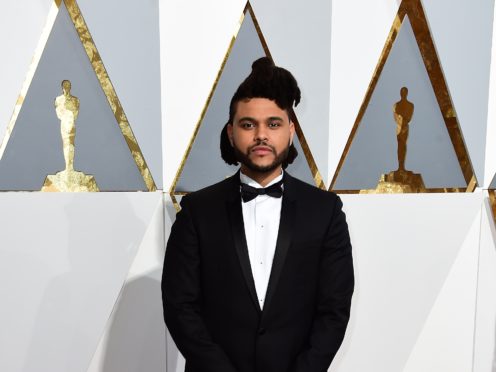Grammys boss Harvey Mason Jr has promised to build “a new Recording Academy that we can all be proud of” after the event faced criticism over its voting process.
Mason Jr, interim president and chief executive officer of the academy, addressed viewers in a pre-recorded segment during Sunday night’s awards ceremony.
The 63rd edition of the annual event has been dogged by allegations its procedures allow favouritism and racism to influence the nominations.
The Grammys remain corrupt. You owe me, my fans and the industry transparency…
— The Weeknd (@theweeknd) November 25, 2020
Zayn Malik, The Weeknd and Halsey were among artists who claimed they were unfairly snubbed in the run-up to the Los Angeles bash.
Mason Jr, himself a producer and songwriter, said: “We are listening like never before. We hear the cries for diversity, the pleas for representation and demands for transparency.
“I first joined the academy 20 years ago so I could vote for myself, but what I quickly found, what led me to become a trustee and now chair of the board, is that the Recording Academy is about so much more than an award, more than an individual artist or even who is chair.
“Tonight I am here to ask the entire music industry to join in and work with us, not against us as we build a new Recording Academy that we can all be proud of, one that will continue to do the work and serve everyone in the industry.”

He said the academy “might not get it right 100% of the time” but said it would stand up for “what is right and fight for greater diversity and more equal representation” in the music industry.
It comes after Canadian R&B star The Weeknd, real name Abel Tesfaye, announced his intention to boycott the awards, saying: “Because of the secret committees, I will no longer allow my label to submit my music to the Grammys.”
Despite his runaway success in 2020, The Weeknd did not receive a single Grammy nod ahead of the ceremony.
Committees play a key role in the Grammy nominations and the process has long been criticised for alleged bias, with detractors saying artists of colour have been poorly represented in the top awards.
Voting committees are made up of anonymous experts from the Recording Academy, the body which oversees the Grammys.
Organisers say the process protects the integrity of the awards, but critics argue it leaves the committees unaccountable.
